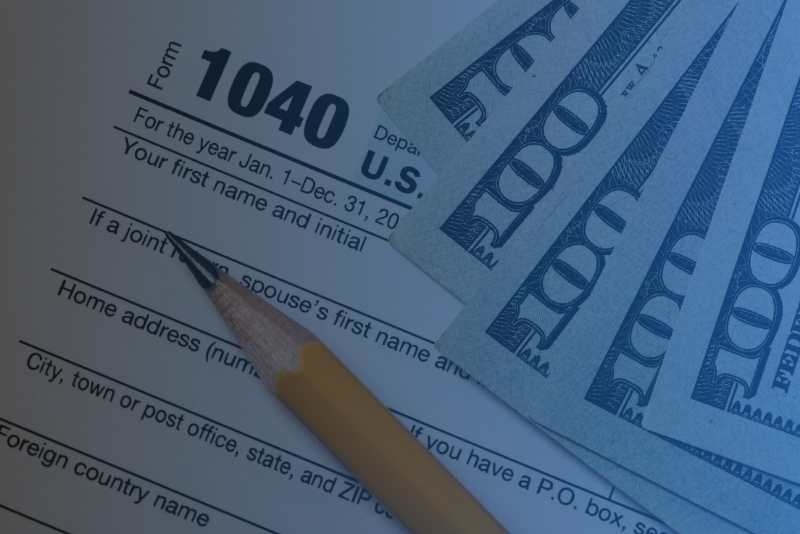Understanding California’s waiting time penalty law can be challenging. California is a pioneer in ensuring employers pay their employees within a reasonable time after termination or resignation. Specifically, if an employer fails to pay an employee’s final wages within 72 hours of termination, they may face penalties under Labor Code 203. These penalties apply for each day the payment is late up to 30 days. What is commonly referred to as the “waiting time penalty” is an important measure to deter employers from withholding wages unlawfully.
Fortunately, an experienced employment lawyer can help you apply the Code and recoup your losses. At the Law Office of John Dalton, we’ve helped countless California employees recover from employers who mistreat their workers. Read on to learn how California’s waiting time penalty laws work, and then call us to learn how the Law Office of John Dalton can help you with your specific wage and hour issues.
Labor Code 203 and the Waiting Time Penalty Law in CA
Delaying final wages can cause significant difficulties for employees relying on their paychecks to cover monthly basic expenses. California’s Labor Code 203 addresses this by directing employers to pay their employees all outstanding wages within a specific time frame when they no longer work for their employer. Under Labor Code 203, when an employee quits and provides at least 72 hours notice, the employer must pay them everything they are owed on the employee’s last day of work. Final payment must include all unpaid wages, vacation time, and unused time off if the business provides those benefits.
Failure to abide by Labor Code 203’s provisions can result in severe and substantial financial penalties. Under California law, intentionally withholding an employee’s final wages is also a misdemeanor, so employers that engage in this illegal practice may be subject to additional criminal sanctions and legal repercussions.
Waiting Time Penalties in California
California’s waiting time penalty law requires employers to pay final wages within specific timeframes after an employee’s termination or resignation. If an employer fails to pay within 72 hours of termination, they may face penalties equal to the employee’s daily wage for each day of delay, up to 30 days. This applies to most California employers and employees, with some exceptions. The penalty aims to deter unlawful wage withholding and can be claimed even without measurable financial losses. A “good faith dispute” may exempt employers from penalties if they have a legally supported defense for withholding payment.
Employees can claim this financial compensation even when late payment doesn’t result in measurable financial losses. Moreover, the waiting time penalty accumulates while the employee disputes their final wages.
Coverage and Eligibility
Employees must have either been terminated or voluntarily left their job to be eligible for the waiting time penalty. The penalty may not apply in temporary layoff or suspension cases where there is still an employment relationship.
The waiting time penalty applies to all employers operating in California, regardless of their size or sector. The law also includes most types of employment, including full-time, part-time, and temporary positions.
However, exceptions do apply. For example, consider agricultural workers and employees covered by collective bargaining agreements whose final wages fall under different regulations. Employees who meet this definition are excluded. Labor Code 203 also excludes employees who avoid or refuse to receive their final wages.
What Is the “Good Faith” Exception?
A “good faith dispute” can arise when an employer provides a defense, supported by law or facts, that could potentially excuse them from paying the employee’s final wages. If the employer makes a good faith dispute regarding the wage amount, the law will not impose waiting time penalties while the issue is still in question. However, an employer argument that lacks evidence is unreasonable or is made in bad faith will not provide sufficient grounds for withholding payment. An employer must also demonstrate good faith to justify their actions. Discussing your unique situation with a skilled employment attorney can help you determine whether your employer has a valid good faith exception and whether you are eligible for the waiting time penalty under California law.
Contact the Law Office of John Dalton
We are dedicated to providing exceptional legal services, focusing exclusively on employment matters. With over 26 years of experience and millions of dollars in client settlements and verdicts under our belts, including one of California’s largest at $30,000,000, the Law Office of John Dalton has the skills to do the job. We will fight tirelessly for justice. Call to schedule a free case review.

